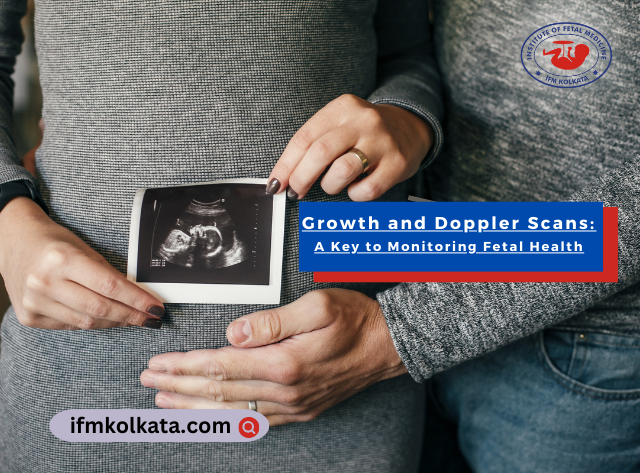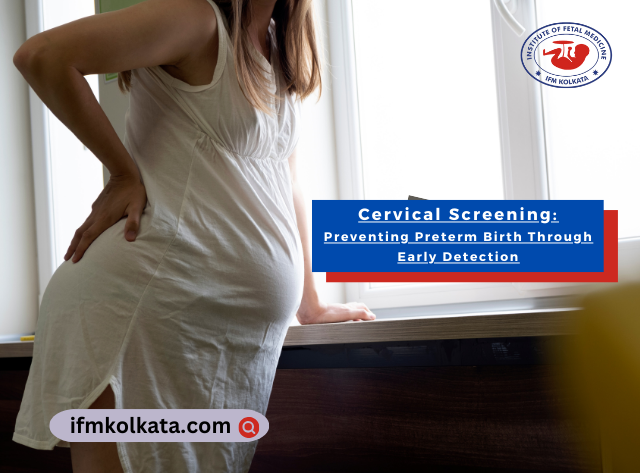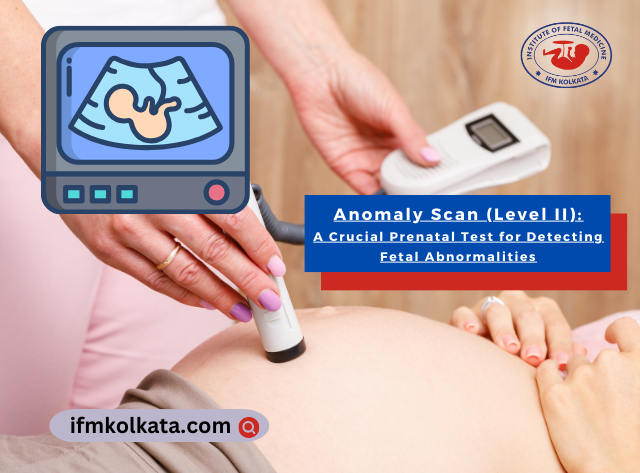Fetal Echocardiography is a specialized ultrasound used to evaluate the fetal heart’s structure and function. It helps detect congenital heart defects before birth, allowing early intervention and planning for postnatal care.
Why is Fetal Echocardiography Necessary?
- Detects congenital heart defects early.
- Assists in planning postnatal care for babies with heart conditions.
- Ensures specialized monitoring for high-risk pregnancies.
- Helps in diagnosing heart rhythm abnormalities before birth.
Who Should Get Fetal Echocardiography?
- Pregnant women with a family history of congenital heart disease.
- Women with diabetes, lupus, or other medical conditions.
- If an abnormal fetal heart finding is detected on routine scans.
- In cases of abnormal nuchal translucency or genetic syndromes.
Where to Get Fetal Echocardiography in Kolkata?
For Fetal Echocardiography in Kolkata, visit a specialized fetal diagnostics center offering comprehensive fetal care services with advanced cardiac imaging.
Fetal Echocardiography is a vital diagnostic tool that ensures early detection and management of congenital heart diseases. Early diagnosis allows for timely intervention, improving the baby’s chances of a healthy outcome.
For expert fetal heart screening in Kolkata, consult a fetal medicine specialist today.








